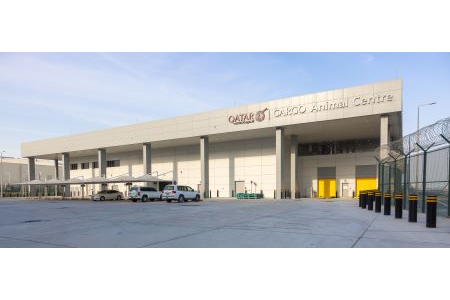
The Chartered Institute of Logistics and Transport (CILT) say that the Olympics have delivered some unexpected benefits for freight transport operations.
After seven years of anticipation London 2012 suddenly arrived with a flash and then seemed to be over as quickly as it had started! However, we are now into investigating – and exploiting – the legacy of the UK’s investment in people and enterprises, with the target of substantial returns to our culture, our infrastructure and the way in which UK plc operates.
For logistics the Olympic challenges were enormous. Maintaining deliveries and collections, business and consumer sustainability and the regular operation of a major world city like London at a time of increased visitors, closed roads, major traffic restrictions, increased security measures and enhanced demand for goods and services.
The legendary ‘can-do’ attitude of the transport and logistics sector swung into action and the results turned into a major success for the industry. London’s Transport Commissioner, Peter Hendy CBE, said: “The London 2012 Olympic Games were a great success, due in large part to the excellent planning and co-operation of the freight industry with partners including TfL, Traffic Commissioners, Games organisers and London’s boroughs. No supermarkets had empty shelves, no pubs ran out of beer and no hospitals were short of blood.
“Freight operators and their customers played a crucial role in keeping London moving during the Games and we’re very grateful that they used the information available, followed our advice and planned ahead.
“I’m determined to continue to work closely with the freight industry to build a legacy from the London 2012 Games. Working together, we’ve shown how we can manage deliveries and logistics in new and innovative ways that will help us keep London moving not just this summer, but in the years to come.”
Key actions carried out during the Games are likely to have a long term future. These include increased collaboration between operators in sharing vehicles and journeys when delivering to the same or close locations; consolidation of loads from multiple suppliers into single vehicles for delivery to single destinations and the increased operation of resident friendly night-time operations.
The benefits of extending permitted delivery windows to overnight opportunities, without disturbing the sleep or sensitivities of local residents are substantial. Night deliveries mean commercial vehicles operating on uncongested roads, resulting in shorter delivery times, reduced fuel consumption and exhaust emissions, lower costs, fewer accidents, and a reduction in daytime traffic for other road users.
Transport for London endorsed a code of practice jointly constructed by the logistics industry, the Noise Abatement Society and TfL itself. This advised on the operation of vehicles, the behaviour of drivers, guidance on loading and unloading and general advice on ‘not waking the neighbours.’
Early signs suggest that the scheme has been a big success with benefits to logistics operators, retailers and other businesses, with little or no negative impact on residents. The lessons learned are, of course, subject to further refinement and improvement but, overall, the scheme looks to be a clear winner.
CILT Chief Executive Steve Agg said “Undoubtedly the London Olympic Games have been a great success for the whole of the UK. The logistics and transport sector played a major role in this success and should be congratulated on its vital contribution. Its efficiency and innovation in the face of the many challenges bodes well for future operations. CILT will be working hard to bring together all the lessons we have learned to ensure that they are not lost and the momentum gathered in improving services and infrastructure is maintained. I believe that, for transport and logistics, the Olympics legacy will be lasting and long term.”
Details of the Transport for London Code of Practice for out of hours deliveries can be found at http://www.tfl.gov.uk/assets/downloads/code-of-practice-out-of-hours-deliveries-and-servicing.pdf
The Chartered Institute of Logistics and Transport UK is the pre-eminent independent professional body for individuals associated with logistics, supply chains and all transport throughout their careers. If you would like to know further information about CILT and how to become a member of your Institute, please contact: +44 1536 740104 or email: membership@ciltuk.org.uk







